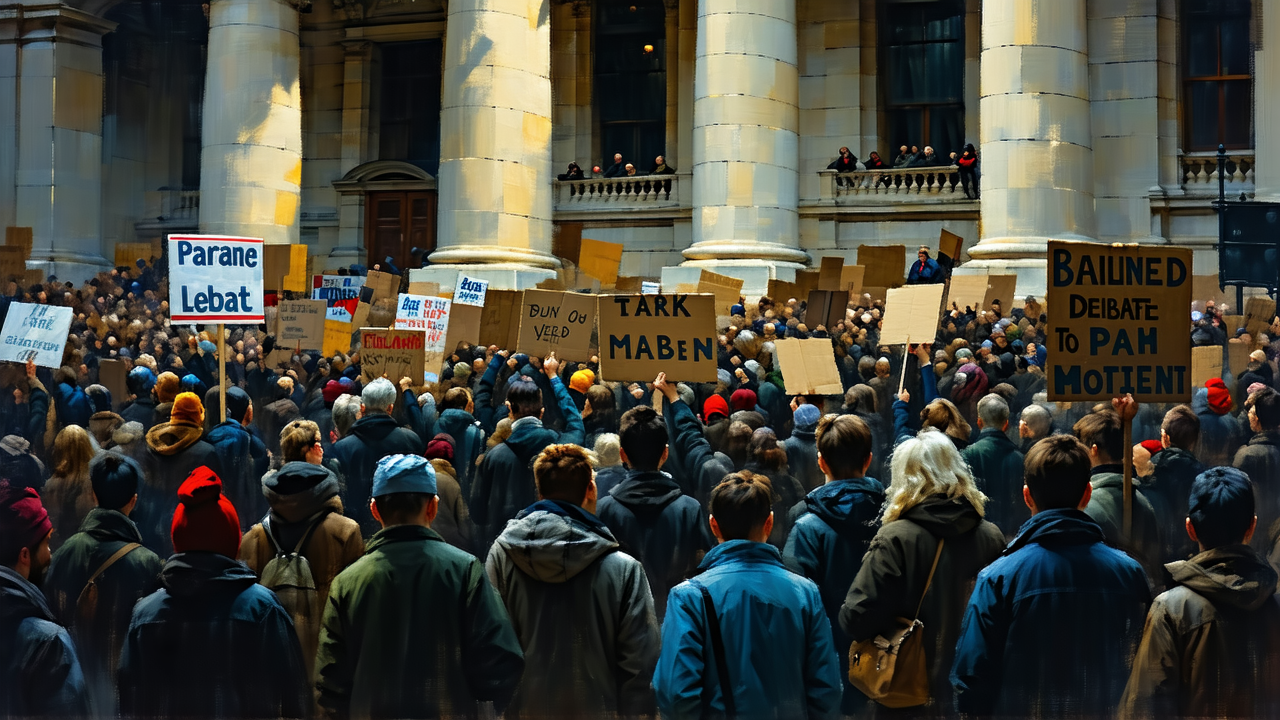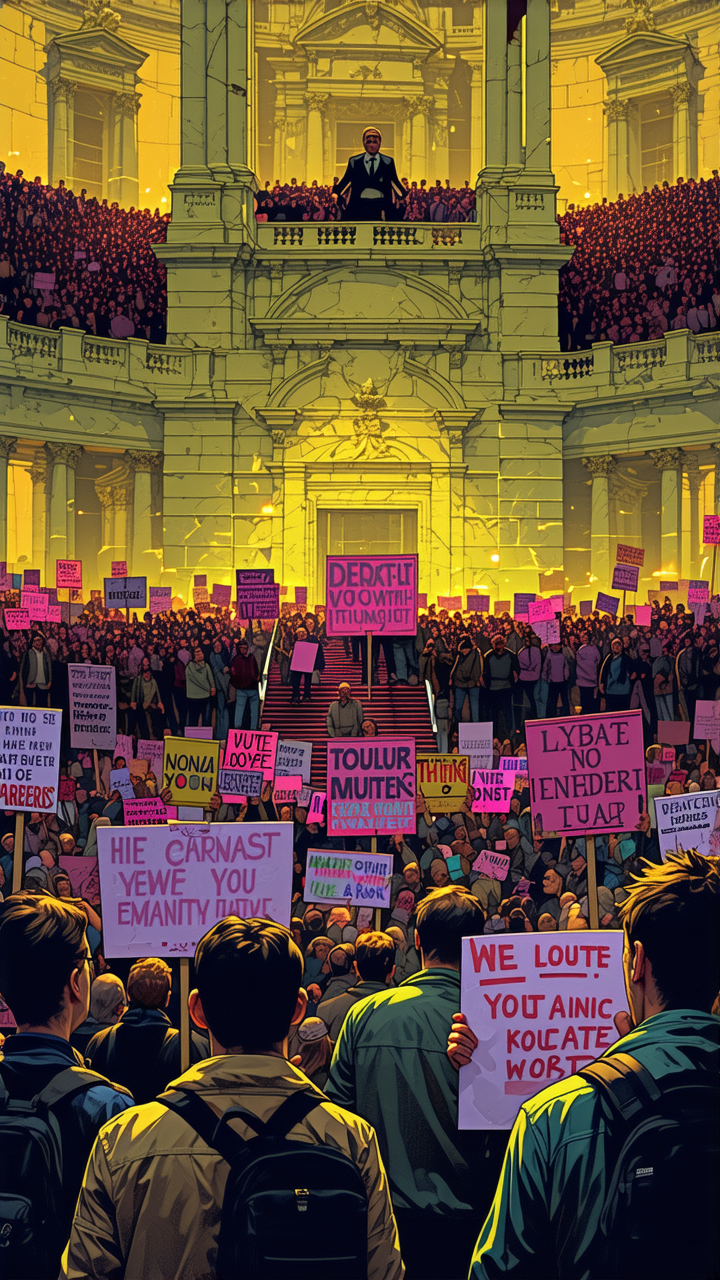New Zealand Government Proposes Restrictive Election Rule Changes Amid Polling Woes
New Zealand Government Proposes Restrictive Election Rule Changes Amid Polling Woes
By Shane Te Pou · 2 August 2025
The New Zealand Government has sparked widespread controversy with its proposal to eliminate election-day voter registration, a move that could potentially disenfranchise up to 100,000 voters—many of whom are young, Māori, or politically disengaged. This change, if enacted, could mark a significant setback for democratic participation in the country.
The proposal comes at a time when the Government is facing a steep decline in public support. Recent polls suggest that the Labour Party, led by Prime Minister Jacinda Ardern, is trailing behind the National Party, with over 48% of voters indicating they are ready for a change. The Government, seemingly desperate to secure a second term, is now attempting to shift the rules in its favor.
According to Shane Te Pou, a commentator and former Labour Party activist, the move is not only misguided but also deeply undemocratic. He argues that the change would place unnecessary bureaucratic hurdles in the way of voters, particularly those who are less familiar with the electoral process. 'We should be making it as easy as possible for people to exercise their right to vote,' he says. 'Instead, the Government is choosing to complicate things.'
Te Pou criticizes the Government’s claim that the change will expedite the release of official election results. He points out that whether voters update their registration details two weeks before the election or on election day, the processing time remains the same. 'The Government can simply hire more workers to handle the forms after election day, rather than before,' he argues.
The move has drawn criticism from across the political spectrum. Even Judith Collins, a former leader of the National Party, has called the proposed 13-day registration deadline an 'unjustified limit' on the right to vote. She emphasizes that the right to vote is a cornerstone of a functioning democracy and that any restrictions on this right must be justified by a compelling argument.
Act Party MP Todd Stephenson has been even more blunt, accusing the Government of trying to exclude 'disengaged and lazy' voters from the electoral process. 'It’s outrageous that someone completely disengaged and lazy can rock up to the voting booth, get registered there and then, and then vote to tax other people’s money away,' he said.
Shane Te Pou argues that the real motivation behind the proposed change is to create barriers for voters who are less likely to support the current Government. 'These are people who are unlikely to vote for a Government that works in the interests of the wealthy and powerful,' he says. 'The Government knows that these voters are less likely to be familiar with the rules around registration.'
Democracy, Te Pou insists, is a contest of ideas. It is a fundamental principle that voters choose the Government, not the other way around. 'If the Government wants to be re-elected, it should give people a reason to vote for it, not try to exclude voters it doesn’t like.'
As the election approaches, the debate over voter registration has become a focal point in the political landscape. With public opinion shifting against the current administration, the Government’s attempt to change the rules has only intensified the scrutiny on its leadership and commitment to democratic principles.
For now, the proposal remains under review, but the controversy it has sparked highlights the deepening divide in New Zealand’s political arena and the growing concerns over the erosion of democratic rights.

